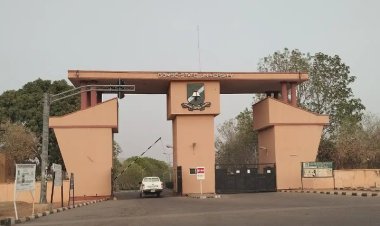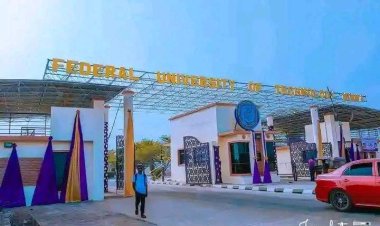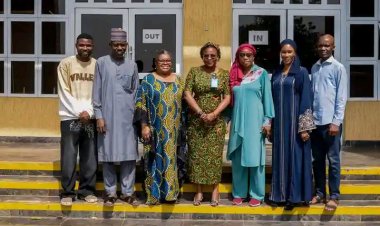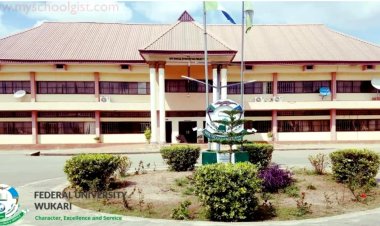Out-of-school children: Don calls for activation of education officers, formation of neighbourhood alert group

In an effort to address the pressing issue of out-of-school children and child labor in Nigeria, Professor Olumuyiwa Adeyemi, a distinguished expert in Education Management, has proposed a series of proactive measures. These measures aim to reduce the number of children who are currently not enrolled in school and those engaged in child labor. Professor Adeyemi recently delivered the 112th inaugural lecture at Olabisi Onabanjo University, Ago-Iwoye, Ogun State, where he outlined his recommendations for reversing the tragedy of Universal Basic Education (UBE) implementation in Nigeria.
Central to Professor Adeyemi's proposals is the activation of education officers tasked with monitoring and apprehending children found roaming or hawking during school hours. These officers would play a crucial role in enforcing the UBE Act, which mandates compulsory basic education for all Nigerian children. By actively identifying and addressing cases of truancy and child labor, the appointment of education officers would serve as a deterrent to parents who may otherwise be lax in ensuring their children attend school.
Furthermore, Professor Adeyemi suggests the establishment of a Neighbourhood Alert Group (NAG), which would collaborate with education officers to identify and report cases of out-of-school children and child labor within their respective neighborhoods. This localized approach would enable NAG members to gather firsthand information on such occurrences and practices. Additionally, NAG members could serve as advocates for the UBE program within their communities, fostering a sense of responsibility and awareness among parents and guardians.
To enhance the quality of education and school facilities under the UBE scheme, Professor Adeyemi advocates for the implementation of the School Improvement Collaborative Strategy (SICS). This strategy seeks to engage various stakeholders in collaborative efforts to provide better facilities and enhance school performance. While the UBE program originally emphasized the involvement of all stakeholders with the slogan 'Education for all is the responsibility of all,' Professor Adeyemi acknowledges that implementation challenges have hindered its success.
It is worth noting that Professor Adeyemi's practical approach to SICS has earned him commendations from the Ogun State government and the Ministry of Education. His emphasis on the importance of actively involving stakeholders, including local communities, in the improvement of school facilities underscores the need for a collective effort to ensure a comprehensive and effective education system.
Professor Olumuyiwa Adeyemi's proposals for addressing the issues of out-of-school children and child labor in Nigeria reflect a proactive and community-oriented approach. By activating education officers, forming Neighbourhood Alert Groups, and implementing School Improvement Collaborative Strategies, Nigeria can work towards fulfilling its commitment to providing quality education for all children, thereby securing a brighter future for the nation.

 peace francis 1
peace francis 1 



